Livestock
All Livestock Content
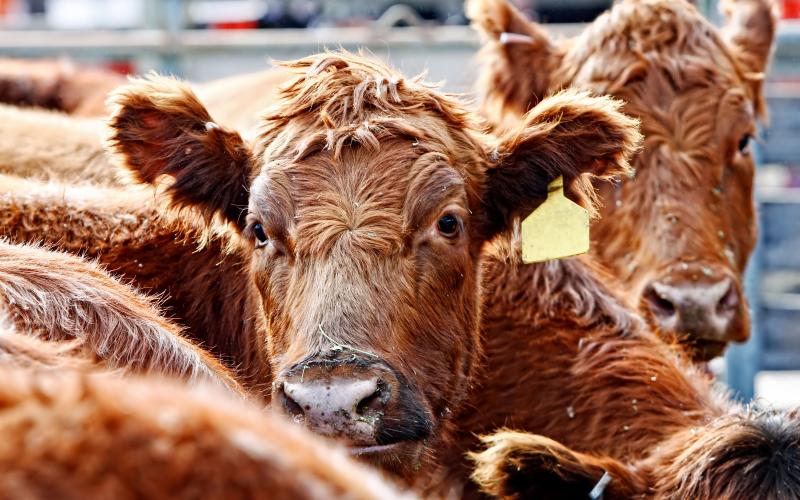
2021 Beef Cow Synchronization Protocols
The Beef Reproduction Task Force has developed recommended synchronization protocols for producers that will provide optimal pregnancy rates based on research and field use for both conventional and sexed (gender-selected) semen.
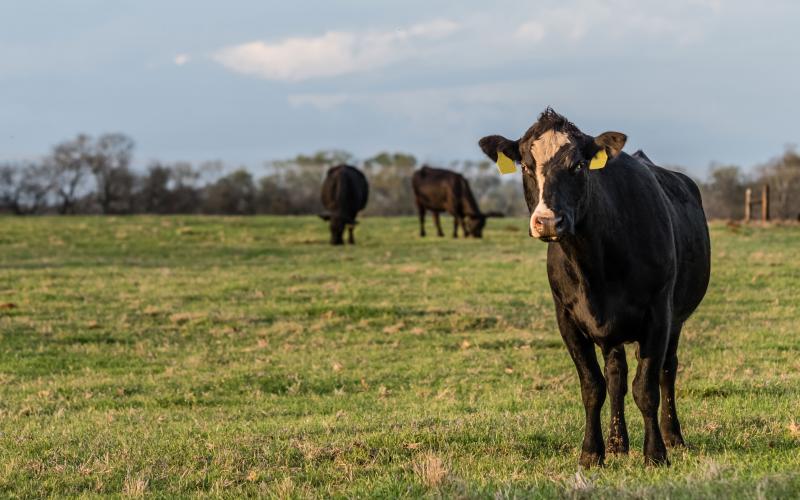
Using the Estrus Synchronization Planner
The Estrus Synchronization Planner has been available since 1998, developed by Iowa Beef Center. It has evolved over the years, proving to be an effective and easy tool to help select and implement synchronization protocols.
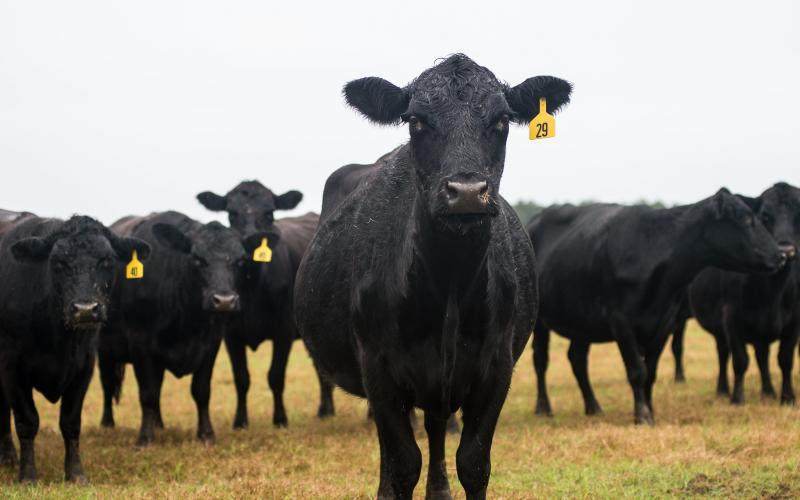
2021 Beef Heifer Synchronization Protocols
With the 2021 Artificial Insemination Beef Sire Directories now available, it is time to think about breeding season, especially if you will be using synchronization.
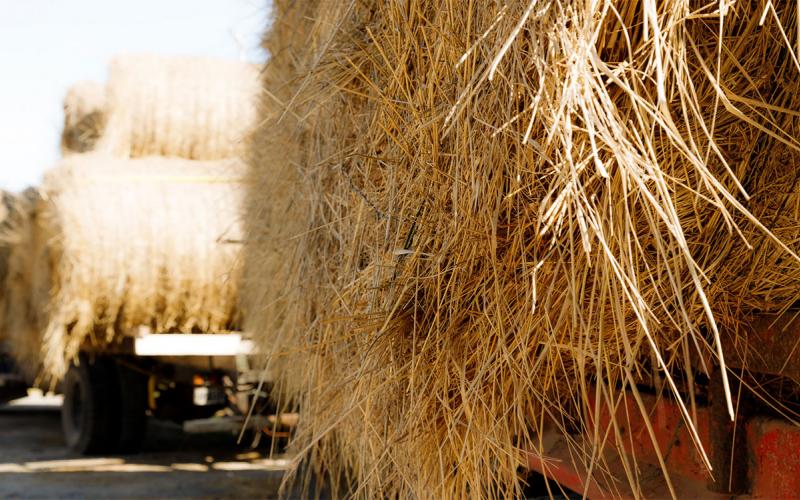
Haul the Feed or the Cows
Reduction in pasture forage availability may require producers to decide between hauling feed or hauling cows. Learn how to decide which option is best for your operation.

Attending World Pork Expo? Consider Biosecurity
The World Pork Expo will return to the Iowa State Fair June 9–11, 2021. Pork producers and production employees must always be vigilant about biosecurity, especially when visiting industry events.
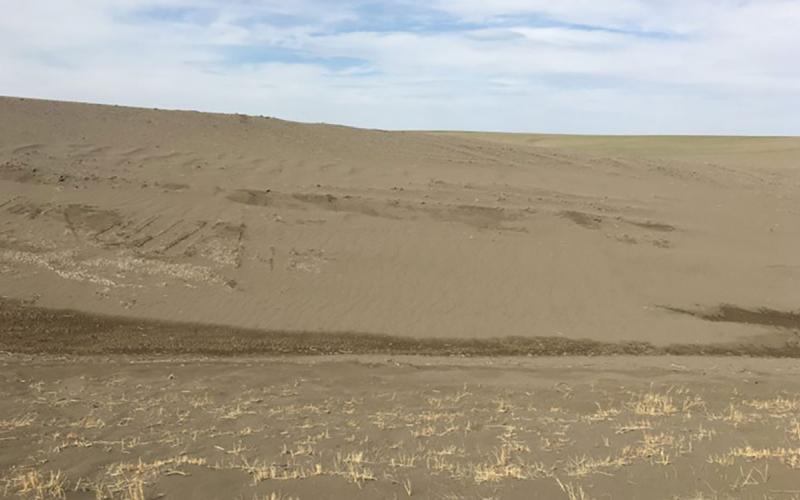
Impacts of Drought on Soil, Water, Forage and Livestock Grazing Systems
Grazing systems are complex, because soil, water, forage and livestock components are interconnected and affect each other. Producers can put themselves back in the driver’s seat by developing annual systems-level grazing plans for favorable and unfavorable situations.
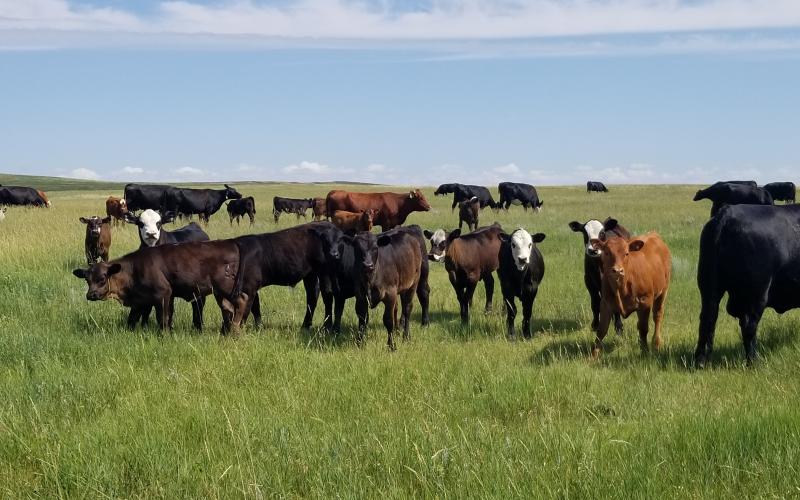
Registration Open for Mineral Nutrition for the Beef Cow Herd
May 10, 2021
To date, the Mineral Nutrition for the Beef Cow Herd series has drawn participants from 79 operations, plus 22 industry and Extension personnel from South Dakota, North Dakota, Minnesota, Colorado and Illinois.
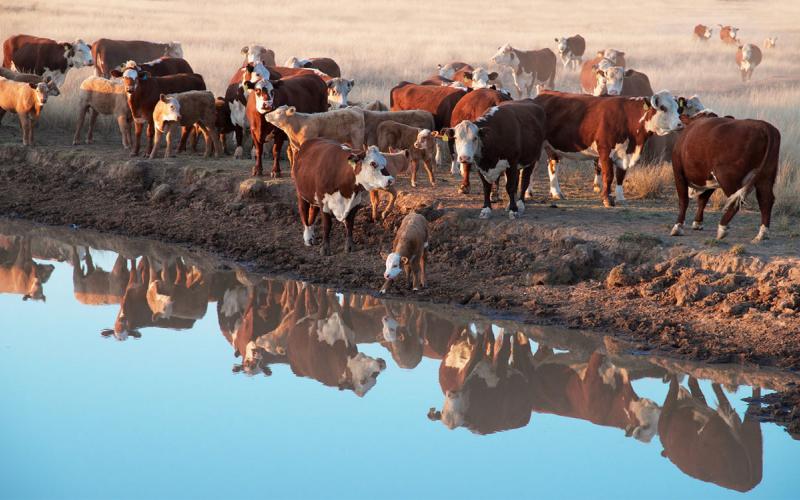
Hot Days Ahead and the Need for Water
Hot summer days are still ahead, and we need to account for water. The amount of water a cow requires varies depending on a variety of factors, including environmental temperature, lactation status and weight.
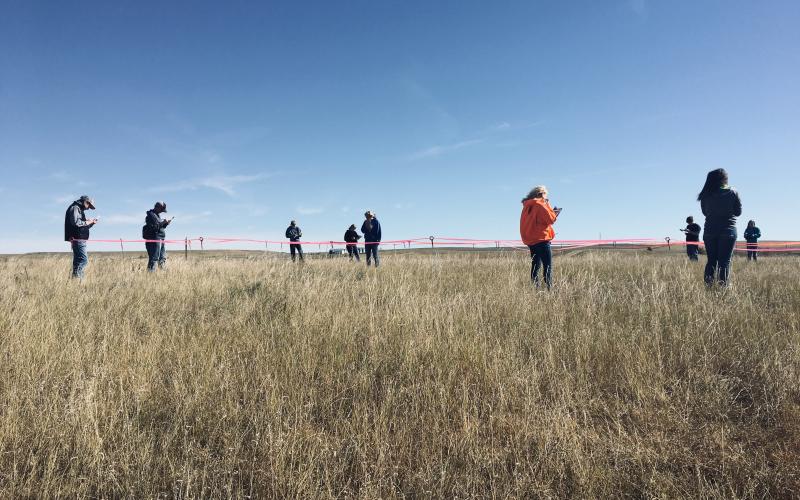
Rangeland and Soils Days set for June 2 in Murdo, Redfield
May 06, 2021
The event will focus solely on the Go-Getter (14-to-18-year-old) division. The Go-Getters will judge habitat suitability for cattle and grouse, in addition to plant identification and morphology.
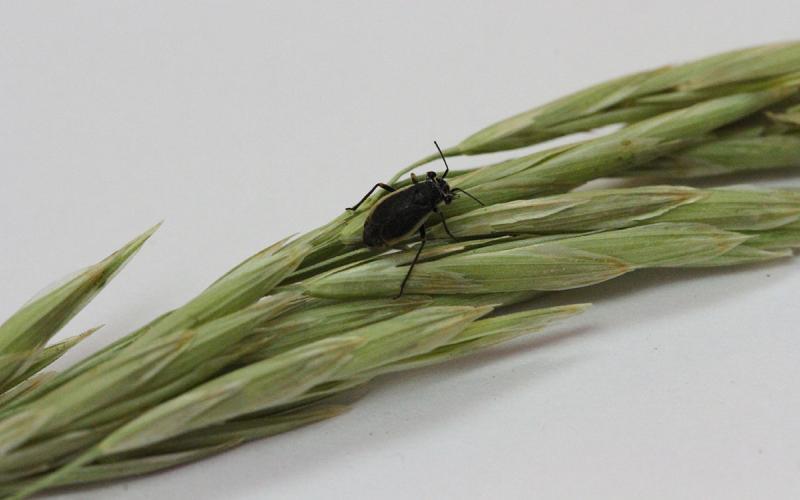
Drought Conditions Magnifying Impact of Black Grass Bugs
With much of South Dakota continuing to experience moderate-to-extreme drought conditions, black grass bugs could become a concern in some areas. Large populations of black grass bugs can cause severe damage to pasture.